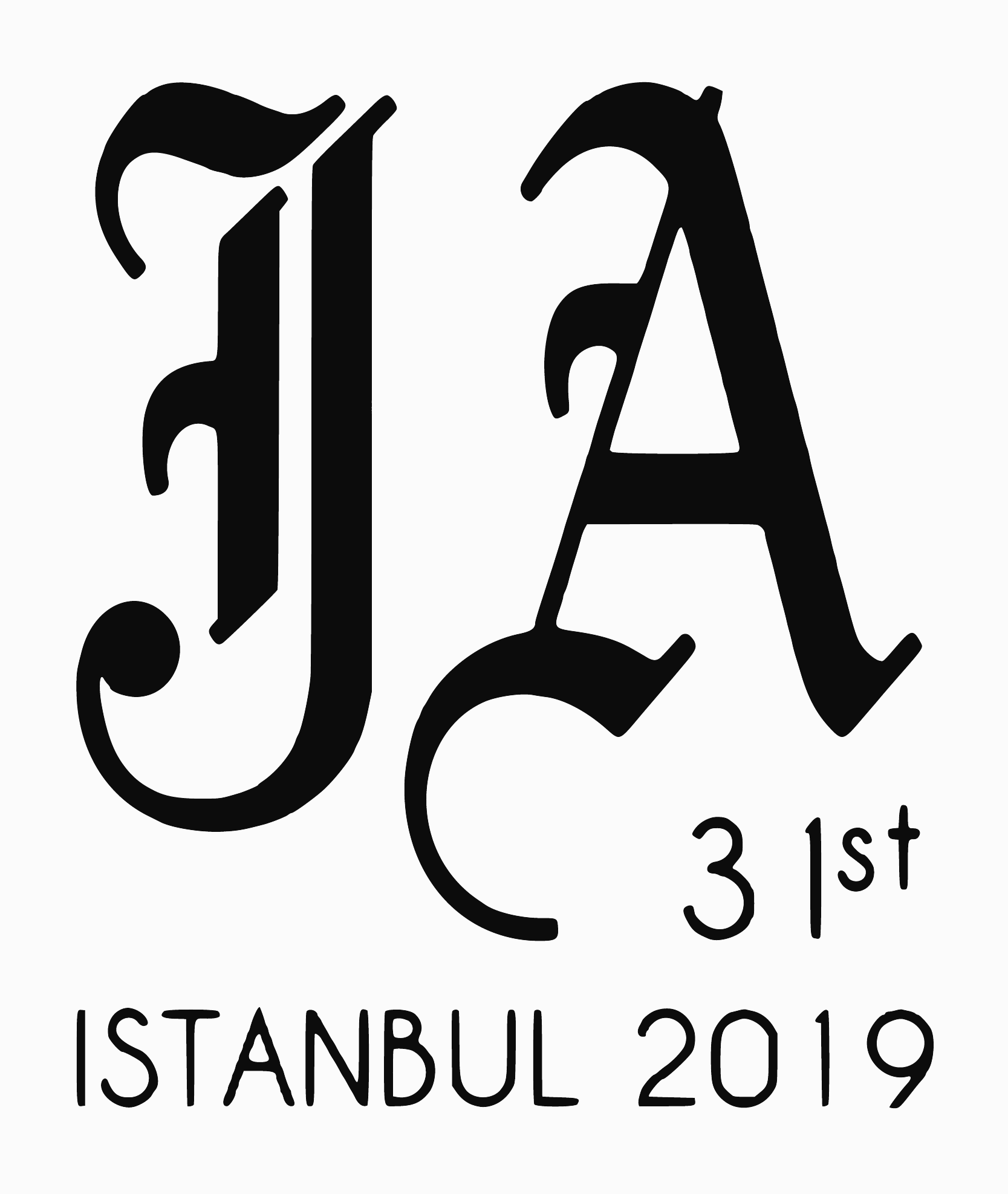The workshop 'Geometry-Topology Workshop' hosted by the Department of Mathematics of the Atilim University, will be held on December 20, 2024 at between 10.00 am and 06.00 p.m. The workshop will include 5 invited talks. We invite all interested mathematicians.
WORKSHOP SCHEDULE
10:05-11:00 Burak Özbağcı, Koç University, Department of Mathematics
Symplectic rational homology ball fillings of Seifert fibered spaces
11:00-11:30 Coffee&Tea Break
11:30-12:25 Sergey Finashin, METU, Department of Mathematics
Monodromy factorisation of section on elliptic surfaces
12:25-14:00 Break 14:05-15:00 Mehmetçik Pamuk, METU, Department of Mathematics
Minimal Generating Sets for Mapping Class Groups
15:00-15:30 Coffee&Tea Break
15:30-16:25 Alex Degtyarev, Bilkent University, Department of Mathematics
Smooth rational curves on (quasi- )polarized K3-surfaces
16:25-16:50 Coffee&Tea Break
16:50-17:45 Adalet Çengel, Bartın University, Department of Mathematics
Nonhomeomorphic Stein fillings of $3$-Manifolds
Invited Speakers
Speaker: Burak Özbağcı (Koç University, Department of Mathematics, Istanbul)
Title: Symplectic rational homology ball fillings of Seifert fibered spaces
Abstract: We characterize when some small Seifert fibered spaces can be the convex boundary of a symplectic rational homology ball and give strong restrictions for others to bound such manifolds. As part of this we show that the only spherical 3-manifolds that are the boundary of a symplectic rational homology ball are the lens spaces L(p^2, pq-1) found by Lisca. (This is a joint work with J. Etnyre and B. Tosun)
Speaker: Mehmetçik Pamuk (METU, Department of Mathematics, Ankara)
Title: Minimal Generating Sets for Mapping Class Groups
Abstract: Let S_{g, p} denote a surface of genus $g$ with $p$ punctures and Mod(S_{g, p}) its mapping class group. In this talk, we present minimal generating sets for Mod(S_{g, p}) consisting of torsion elements. These are joint works with Tulin Altunoz and Oguz Yildiz.
Speaker: Alex Degtyarev (Bilkent University, Department of Mathematics, Ankara)
Title: Smooth rational curves on (quasi- )polarized K3-surfaces
Abstract: I will give a brief account of the current state of affairs in a very classical problem which, while going all the way back to Cayley, Solomon, and Schur, has become quite popular in the recent decades. It started from counting/bounding the number of lines on a smooth complex spatial surface. However, even though the original problem was closed long ago (essentially by Segre), the modern approaches and technology let us answer questions that we did not even dare to ask before and, as it is often the case, the more we learn the more we want to know, each result giving rise to a number of conjectures still waiting for their resolution. Thus, we can allow surfaces with singularities, consider other (quasi- )polarizations, count smooth rational curves of other degrees (conics, twisted cubics, etc.), and work over other fields of definition, including non-algebraically closed ones. Concentrating on the particular case of K3-surfaces (spatial quartics and plane sextic curves in the original setting), I will discuss the recent results and the tools used and work out a few examples, both classical and advanced.( long project in progress; partially joint with Ilia Itenberg, S lawomir Rams, and Ali Sinan Sertoz)
Speaker: Sergey Finashin (METU, Department of Mathematics, Ankara)
Title: Monodromy factorisation of section on elliptic surfaces
Abstract: A convenient way to describe Leftscetz fibrations (LF) is via monodromy factorization of the identity into Dehn twists in the mapping class group Map(F) of the fiber. Fixing m disjoint sections in a LF gives a lifting of such factorization to the pure mapping class group PMap(F_m) of m-pointed fiber. In the case F is a torus T (elliptic LF), for m=1,2,3 we list the liftings of a given factorization in PMap(T_m) to PMap(T_{m+1}). In particular, we give an explicit description of the 240 such lifting corresponding to the 240 isotope classes of sections disjoint from given m ones, for m=1. For m=2 and 3 we describe similarly all 56 and respectively 27 classes of sections in terms of their monodromy factorization. (This is a joint work with M.Bhupal.)
Speaker: Adalet Çengel (Bartın University, Department of Mathematics, Bartın)
Title: Nonhomeomorphic Stein fillings of $3$-Manifolds
Abstract: Monodromy substitution is commonly used to obtain new Lefschetz fibrations so that the corresponding $4$-manifolds are different. In this talk, we exhibit examples of nonhomeomorphic Stein fillings of $3$-manifolds by using the technique.
